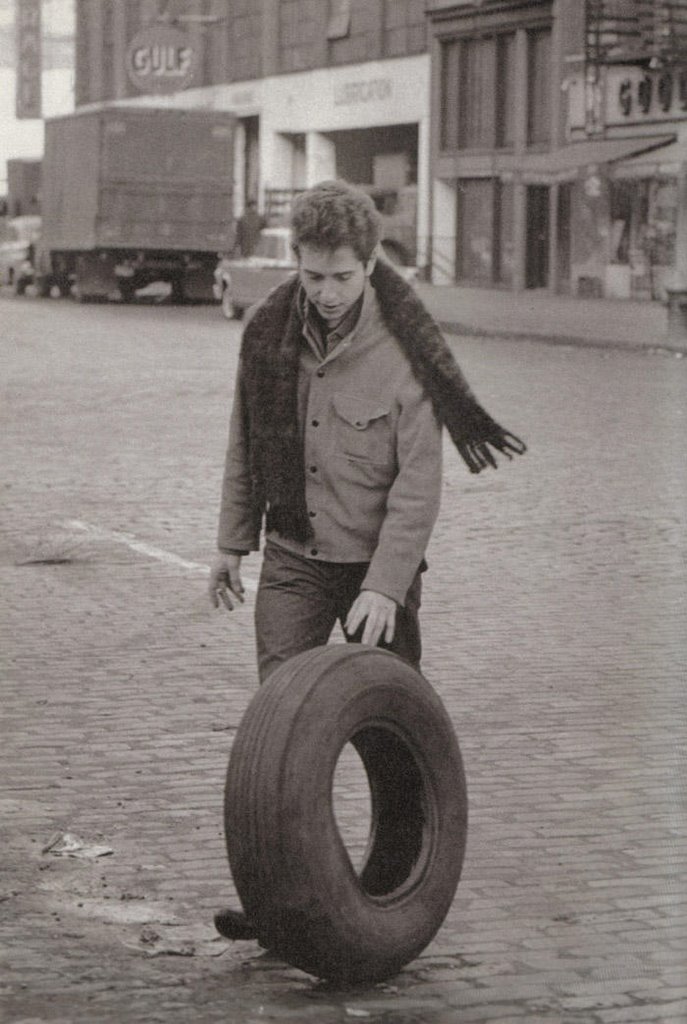
After The Andy Griffith Show and its various permutations ended, Frances Bavier retired from acting and moved to this house in Siler City, North Carolina, apparently under the impression that if she worked really hard at it, she would never have to leave Mayberry. No, I am not making this up. That's really the house.
It's too bad Miss Bavier never took a break from the role of Aunt Bee, allowing another actress to step in. If she had, the headline in People magazine could have been "Spelling Bee."















